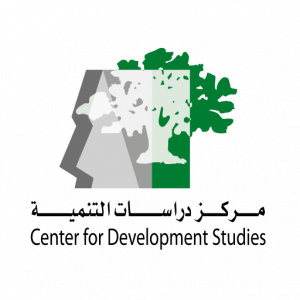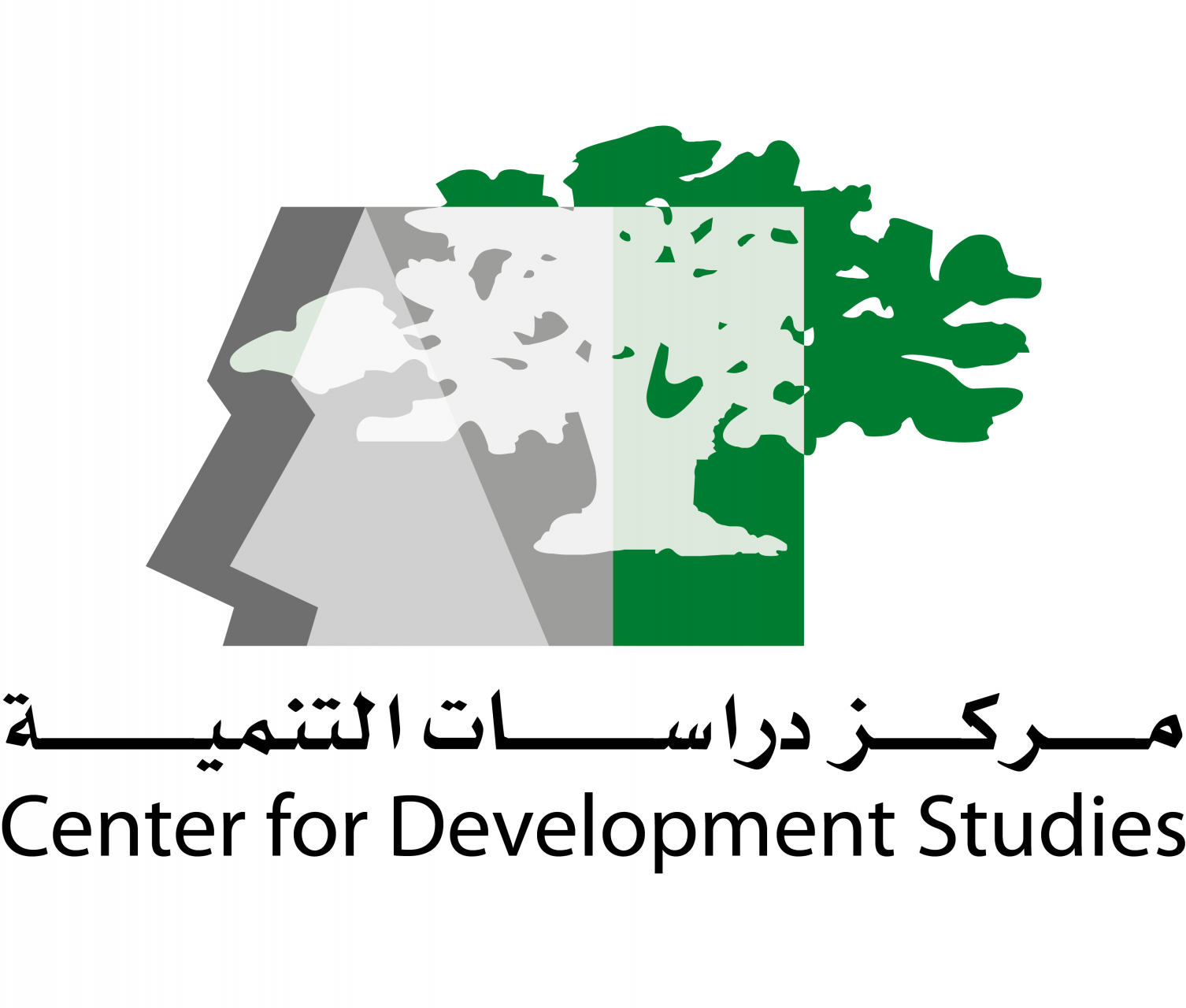The Center for Development Studies, in cooperation and partnership with Proteknôn, is carrying out a midterm evaluation for the Right to Play Together/Ma’an Program, a five-year project (2019-2024) that aims to address the obstacles to providing quality education for Palestinian refugee children in UNRWA schools in both the West Bank and Gaza. The project provides primary and physical education teachers and school counselors with the skills needed to support girls’ and boys’ learning and promote psychosocial well-being. Child-centered interventions are integrated into teaching practice both inside and outside the classroom, improving the quality of education for girls and boys. The project also works to promote safer school environments for play and better WASH facilities, as well as support for UNRWA school leadership and education officials to implement existing policies and strategies related to gender equality and child protection. and psychological and social well-being. The midterm evaluation integrates a mixed-methods approach which includes a quantitative survey and qualitative data collection.
Midterm Evaluation for Right to Play Ma’an/Together Program
29/09/202201964

About Author
Related Articles
27/12/202001381
“Nothing about Us without Us: strengthening of the roles and the competencies of the Organizations of Persons with Disability (DPOs) for the promotion of the rights of persons with disability in Palestine”
Supported by Educaid, and implemented in partnership with various partners
The aim of the project is to promote the rights of Persons with Disabilities
Read More
01/01/201301481
Baseline Study and Mapping of the Tourism Sector in Palestine
Finished Projects
2013
In
Partnership with the Ministry of Tourism and Antiquities, Funded by JICA
The
project carries out a baseline survey and studies the tourism sector in
Palestine, focu
Read More
05/09/202101809
Supporting Young refugees in influencing their living conditions-Immaterial and material
Supported by GIZ
The project aims to produce a research paper with the aim of understanding and analyzing the reality of youth participation in the West Bank refugee camps and their role in improv
Read More


Comment here